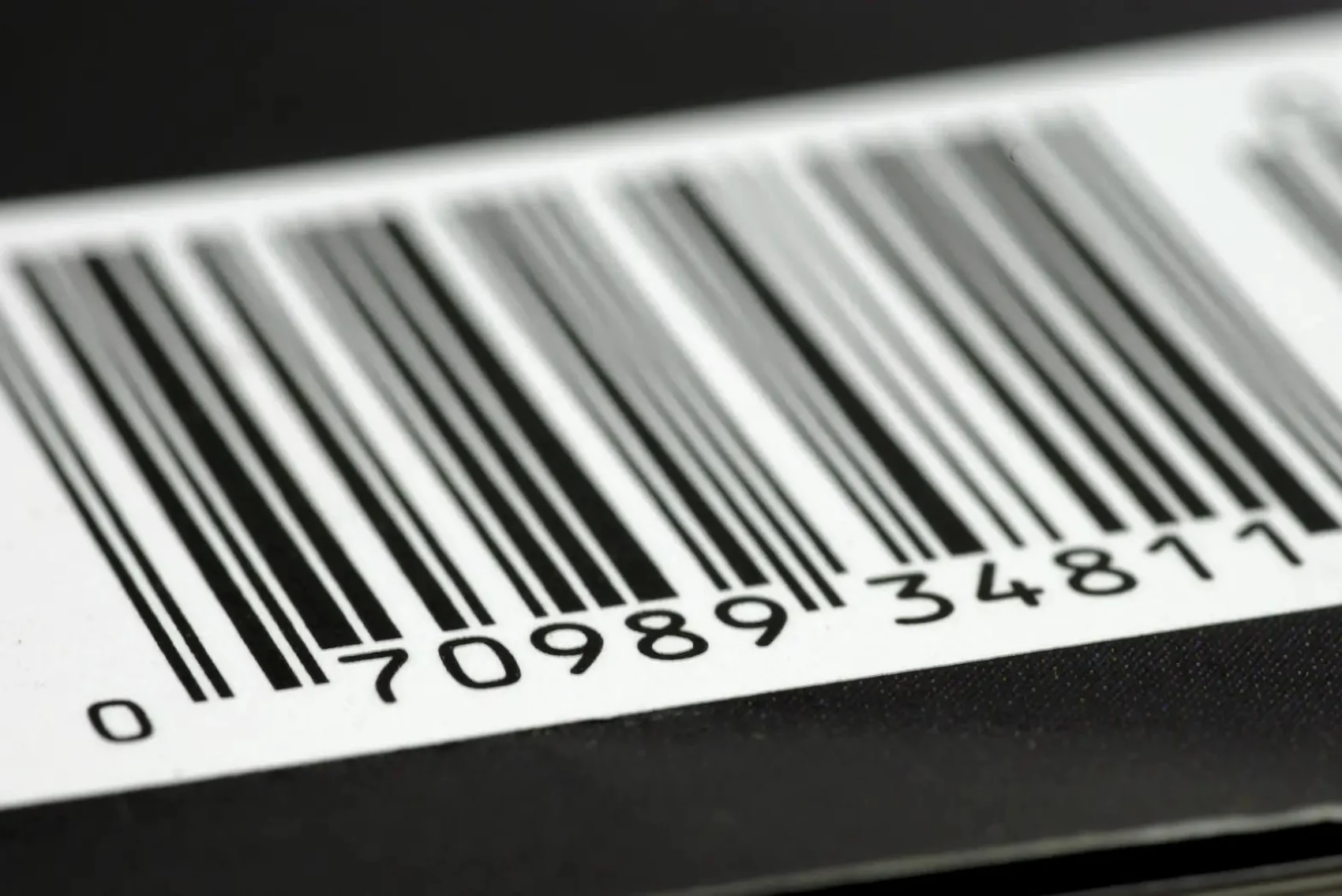Physical Address
304 North Cardinal St.
Dorchester Center, MA 02124
Physical Address
304 North Cardinal St.
Dorchester Center, MA 02124

In the world of consumer products, especially electronics, the serial number on the box plays a crucial role that often goes unnoticed by the average buyer. Whether you’re unboxing a new smartphone, laptop, or any other gadget, that seemingly random string of numbers and letters on the box has a purpose beyond mere identification. In this blog post, we’ll delve into the significance of the serial number, exploring its various functions and why it’s more than just a combination of characters.
The primary purpose of a serial number is to uniquely identify each individual product. In the vast sea of mass-produced items, manufacturers assign a distinct serial number to each unit, allowing for easy identification and traceability. This unique code serves as a digital fingerprint for the product, making it easier for manufacturers, distributors, and consumers to track and manage inventory.
Moreover, in the event of a product recall or warranty claim, the serial number becomes a critical tool. Manufacturers can quickly pinpoint affected units and take necessary actions, ensuring consumer safety and satisfaction. It also aids in preventing counterfeit products from entering the market, as the serial number can be verified against the manufacturer’s database.
When you purchase a new electronic device, you’ll often find that the warranty information is tied to the serial number. Registering your product with the manufacturer typically involves providing this unique identifier. If you ever need to claim warranty services or request repairs, the serial number serves as proof of purchase and helps the manufacturer determine the validity of the warranty.
Understanding the warranty implications of the serial number can save consumers from potential issues down the line. It’s a good practice to keep a record of the serial number along with the purchase receipt to streamline the warranty process.
Counterfeiting is a pervasive issue in the consumer electronics industry. To combat this, manufacturers incorporate anti-counterfeiting measures into their products, often linked to the serial number. By verifying the serial number against the manufacturer’s database, consumers can ensure that they have purchased an authentic product.
These anti-counterfeiting measures also benefit manufacturers by allowing them to identify unauthorized distribution channels and take legal action against counterfeiters. In some cases, counterfeit products may lack a valid serial number or have one that doesn’t match the manufacturer’s records, serving as a red flag for consumers.
For products with various configurations or customization options, the serial number becomes a key component in identifying the specific features and specifications of each unit. This is particularly relevant in industries like computer hardware, where different configurations of a product may have distinct serial numbers.
For example, a laptop with upgraded RAM or storage capacity may have a unique serial number compared to its standard configuration counterpart. This information is valuable for both consumers and technicians, ensuring that the right components and specifications are associated with each device.
In a business or enterprise setting, effective asset management is crucial. The serial number serves as a foundational element in tracking and managing assets, especially when dealing with a large number of devices. It aids IT departments in inventory management, allowing them to monitor the lifecycle of each device, schedule maintenance, and plan for upgrades or replacements.
By leveraging the information encoded in serial numbers, businesses can optimize their operations, reduce downtime, and ensure that their technology infrastructure is up to date.
Conclusion:
While the serial number on the box may seem like a mundane detail to many consumers, its importance cannot be overstated. It serves as a linchpin for various functions, from simple identification to complex anti-counterfeiting measures. Understanding the significance of the serial number empowers consumers to make informed decisions, ensures the efficient functioning of supply chains, and plays a vital role in maintaining product authenticity and warranty integrity. The next time you unbox a new device, take a moment to appreciate the small string of characters on the box – it holds the key to a myriad of information about your product.